After weeks of looking online, visiting homes in person, and talking to your real estate agent about new listings, you’ve found a home you love. You make an offer—and the seller accepts! Before making a big purchase—especially one as important and life-changing as buying a home—it’s smart to do your homework. You don’t want to fall in love with an impeccable house and only find out later that it’s got major structural or other problems lurking beneath the surface!
A home assessment is one of the numerous significant aspects of the real estate process. A professional inspector goes through every part of your future home—roof, electrical wiring and plumbing systems included—to see what condition they’re in and whether or not it’s safe to move into without spending thousands on repairs.
7 MISTAKES BUYERS USUALLY MAKE DURING HOME INSPECTION
No matter how confusing and nerve-wracking the inspection process may be, you must pay attention since the results can make or break a sale. We’re here to give you the inside on some of the most prominent mistakes people make when buying a home and how to avoid them.
Waiving the Home Inspection in the first place
Some home buyers are tempted to waive an inspection if they’re in a hot sellers’ market, where there are far more buyers than listings and homes are getting multiple offers. No matter how perfect a home may seem, it can hide flaws that only an experienced eye would notice. The same is true of new homes: Though they may look flawless to untrained eyes, buyers often discover issues after purchasing their first property—problems even professionals might miss!
A home inspection is critical because it lets you know the condition of a house and whether or not it has issues that could potentially endanger its residents. The last thing you’d want is to buy your dream home only to deal with costly problems down the road—problems like termites and other pests, structural issues or mould. When these major defects are noted in the inspection report (after all, inspectors have seen it all), ensure you walk away from any potential nightmare scenarios before they become a reality. Even if your home has no large or obvious defects, you can negotiate for repairs of smaller problems—for example, mould in the shower or lose grout on the floor tiles.
Take your time with your home-buying decision; ensure the property is inspected thoroughly before signing any contracts.
Hiring the cheapest inspector
Because buying a home is a huge financial burden, people try to save money wherever possible. However, trying to save some dollars by having the buyer perform their inspection of the house could be better; it could result in costly repairs later on. Not all home inspectors offer the same level of service. Some, who advertise very low prices, could be inexperienced or less thorough when inspecting homes than others, which would reflect poorly on their reputation.
Of course, only some have the luxury of hiring an experienced real estate agent. So if you plan on buying a home without one (or can’t afford to hire one), before signing anything with the seller—you should do some research and hire a home inspector yourself. When choosing an inspector, ask your friends, family members and agent for recommendations. Then contact two or three inspectors to compare their fees, experience levels and service.
Ask potential home inspectors about their backgrounds, years of experience, and completed numbers. Verify their certifications and credentials—and make sure they carry the proper insurance. Moreover, find out what includes in the inspection and whether or not they utilize the latest technology.
You may also want to ask for an example report to get an idea of the kind of home inspection they will do. Find a competent and trustworthy vendor when hiring someone to make an important purchase.
Not attending the inspection.
While a home inspection report can help make purchase decisions, it’s different from being present during an inspection. So, make it a point to attend the inspection because this is your chance to learn more about the property and find out where everything is located.
If you can’t be present for the entire inspection, ensure you’re there when it concludes. The inspector will probably sit down with you to examine their spottings and answer any questions. If this isn’t possible, ask if they would mind talking over the phone about any specific concerns immediately after finishing work on your home.
Getting too involved
On the other hand, you shouldn’t be invisible. Remember that an inspector is there to check your home for dangerous conditions and hazards—not just cosmetic ones like chipped paint or stained carpeting. Never get in the way of a home inspector by talking too much about cosmetic issues or getting distracted. You and the inspector should not try to do each other’s jobs, and you can jeopardize your safety if you or he is hurt on your property.
Expecting a perfect report
While a home may appear perfect, no property is without flaws. Even new-construction homes have problems that aren’t immediately obvious and are only seen during a thorough inspection. Don’t let a home’s imperfections prevent you from making an offer on the property. If it has even minor issues, before you move in, any issues will be fixed—and other homeowners’ experiences can help give you peace of mind that this sort of thing is normal.
If you receive a home inspection report, your priority should be to identify which problems are relatively minor and can be addressed quickly and which will require extensive repair work. You can maximize the potential of a new home by focusing on these major issues. Your real estate agent can recommend the best way to approach the seller about making repairs or lowering the price, but he’s likely to address only some minor items on your list.
Avoiding Asking Questions
Be bold and ask the inspector questions about their findings or how you should resolve code violations. Don’t feel embarrassed to ask questions when there’s something in the inspection report you don’t understand — understanding each issue discovered can help you plan repairs. It’s important to ask questions during the home-buying process—otherwise, you might not know about major issues that could affect your purchase.
Skipping The Re – Inspection of negotiated Repairs
In addition to requesting receipts, have the negotiated repairs re-evaluated by your home inspector or another qualified professional. Having the seller reinspect a job can help ensure it was done correctly. Even if there is an additional cost to pay for this work, it will give you peace of mind in knowing that any repairs or improvements are made properly, and you won’t need to redo them later.
Conclusion
It is important to prioritize a home inspection when considering purchasing a property. Not only can a professional inspector identify any potential issues or defects with the property, but attending the inspection in person also allows buyers to ask questions and get a better understanding of the condition of the home. It is important to not waive the home inspection, even in a competitive seller’s market, and to carefully research and choose a competent and experienced inspector. By avoiding these common mistakes during the home inspection process, buyers can make more informed decisions and potentially save themselves from costly repairs in the future.
Need more ideas for selling your house faster and for the best price possible? Contact Us Today!

